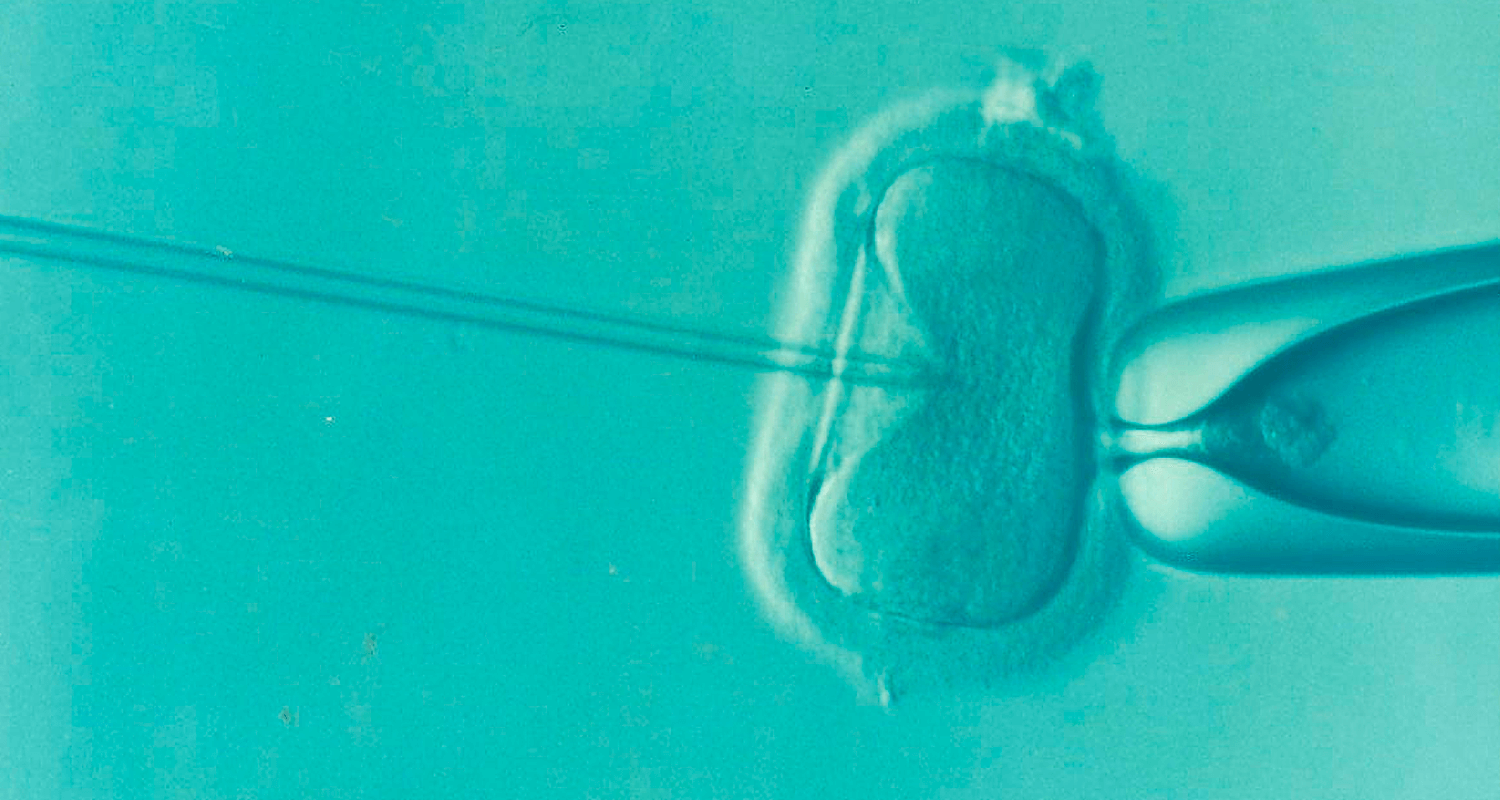
Aphrodite Study Featured in Expresso Newspaper
9% of Portuguese couples are infertile, is the title of the news in the Expresso newspaper that talks about the first epidemiological study on infertility in Portugal “Afrodite – Characterization of Infertility in Portugal” carried out by Prof. Dr. João Silva Carvalho, Clinical Director of CETI.
João Luís Silva Carvalho, professor at the Faculty of Medicine of Porto (FMUP) and author of the AFRODITE study, attributes the increase in infertility among Portuguese women mainly to the postponement of motherhood “for economic reasons”.
The study presented today at the Portuguese Medical Association in Porto also reveals that a third of women are unaware of the reasons why they do not get pregnant, attributing the problem to hormonal issues (48%) or changes in ovulation (41%), often a false problem.
According to the author of the research, although the Portuguese recognize that infertility is a disease that medicine can help overcome (71%), less than half of women with this problem have sought medical consultation to solve it.
Among couples who are proven to suffer from infertility, 61% admit, however, to having already sought clinical help, with the demand for public and private services being equivalent.
Majority is in favor of sperm and egg donation
Although 84% of respondents claim to know what infertility is, when asked specific questions (what is a sperm or an egg?) the level of knowledge is low.
It is curious that a large proportion of people still associate fertility problems with situations unrelated to the disease, such as God’s will (39%) or destiny (31%).
52% of those interviewed also believe that prolonged use of oral contraceptives causes infertility and 9% even believe that the problem can result from frequent condom use. “There is a great lack of information, which is why it would be useful if, alongside sexual education in schools, students were also made aware of the issue of infertility”, says Silva Carvalho.
The research coordinator was pleasantly surprised by the openness of the Portuguese people in relation to donating sperm (68%) and eggs (63%), “but not with the destruction of embryos left over from treatments”.
Finally, the overwhelming majority of Portuguese people believe that the National Health System should pay (51%) or subsidise (43%) clinically assisted pregnancy treatments.
The AFRODITE study sample consisted of 1638 women and 601 men, aged between 20 and 69 years, from all regions of the country.
